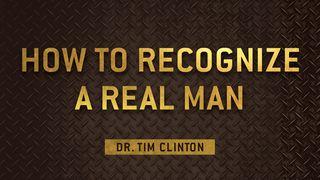The Promise Principle: A New Way to Encounter the Bible નમૂનો

The Promise Principle Devotional
Day 4: Receiving with Thanks
God’s Word is full of truth. His promises aren’t there for you to doubt or debate; instead, He wants you to learn to respond. One way to respond to God's promises is asking by faith. Another is receiving the truth with thanks (Philippians 4:6). If you can’t receive God’s promises with a heart of gratitude, then you won’t get the fullness of His truth.
For example, God offers you forgiveness. The Bible says, “He is faithful and just to forgive us our sins” (1 John 1:9). It also says, “There is no condemnation for those who belong to Christ Jesus” (Romans 8:1). One of my favorite promises from Scripture is 1 John 3:20: “Even if we feel guilty, God is greater than our feelings, and he knows everything.”
You can experience God’s forgiveness here on earth, not just in heaven, but you must respond to it. Perhaps you have heard so much truth in your life, whether through sermons, books, or podcasts, that you simply “take” it. The truth goes in one ear and out the other. However, God wants you to receive truth and allow it to change you.
It blesses the Father when we receive His promises with thanksgiving. The Bible says, “It is impossible to please God without faith” (Hebrews 11:6). Every truth in God’s Word is a promise, but the truth will only set you free if you receive it. God wants His children to trust His Word and thank Him for it. Try it for yourself. Anytime you see a truth in God’s Word, thank Him for it in prayer.
The Bible says that Jesus died on the cross so you may be saved. Have you simply “taken” Jesus without much thought? Or have you received Him with a heart full of gratitude and allowed His promise of forgiveness to change your life?
Reading
Ephesians 5:20
1 Timothy 4:4
શાસ્ત્ર
About this Plan

God’s Word is full of promises, but we often miss them. Circumstances may shape how you read the Bible; however, the Bible should shape how you respond to your circumstances.
More









